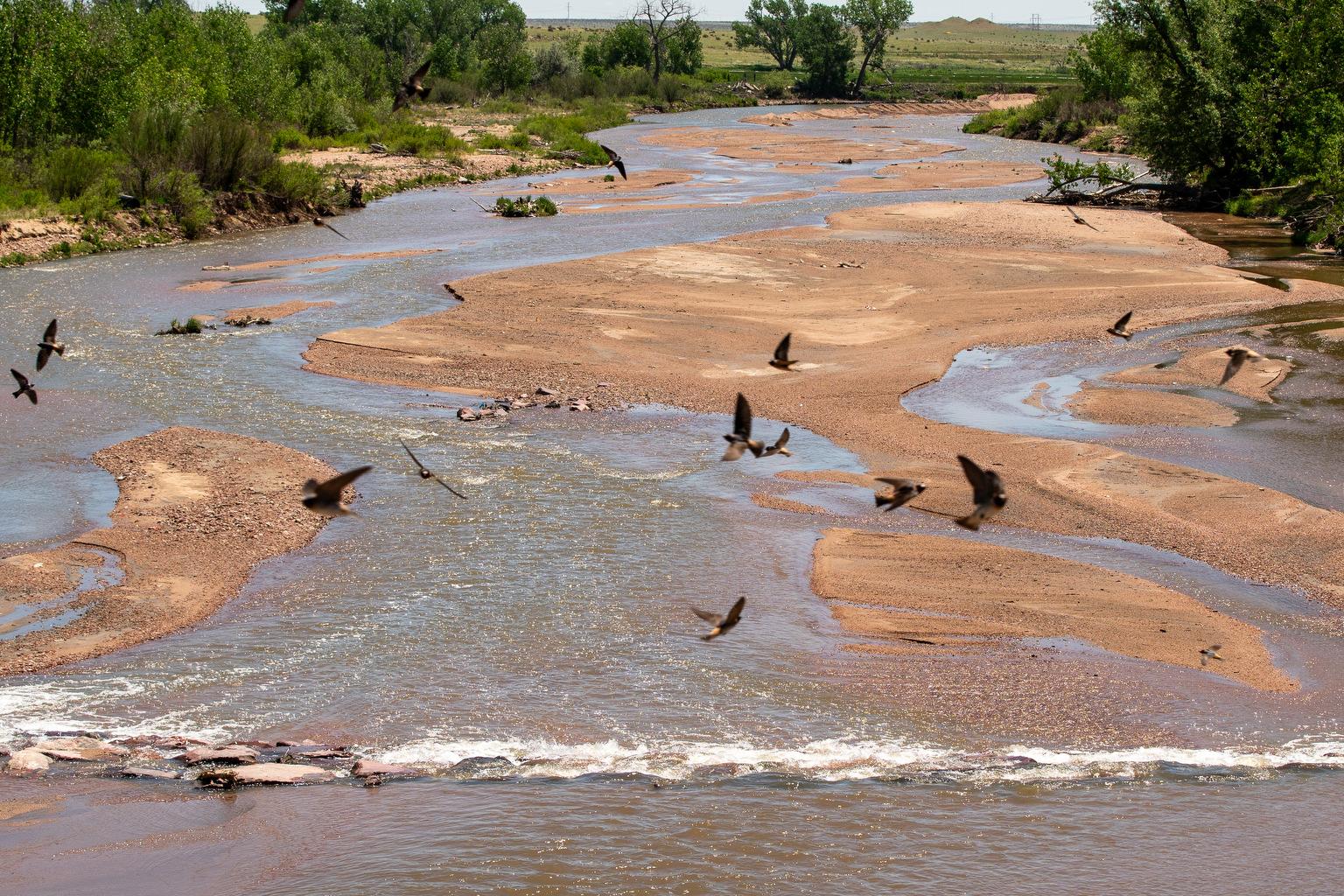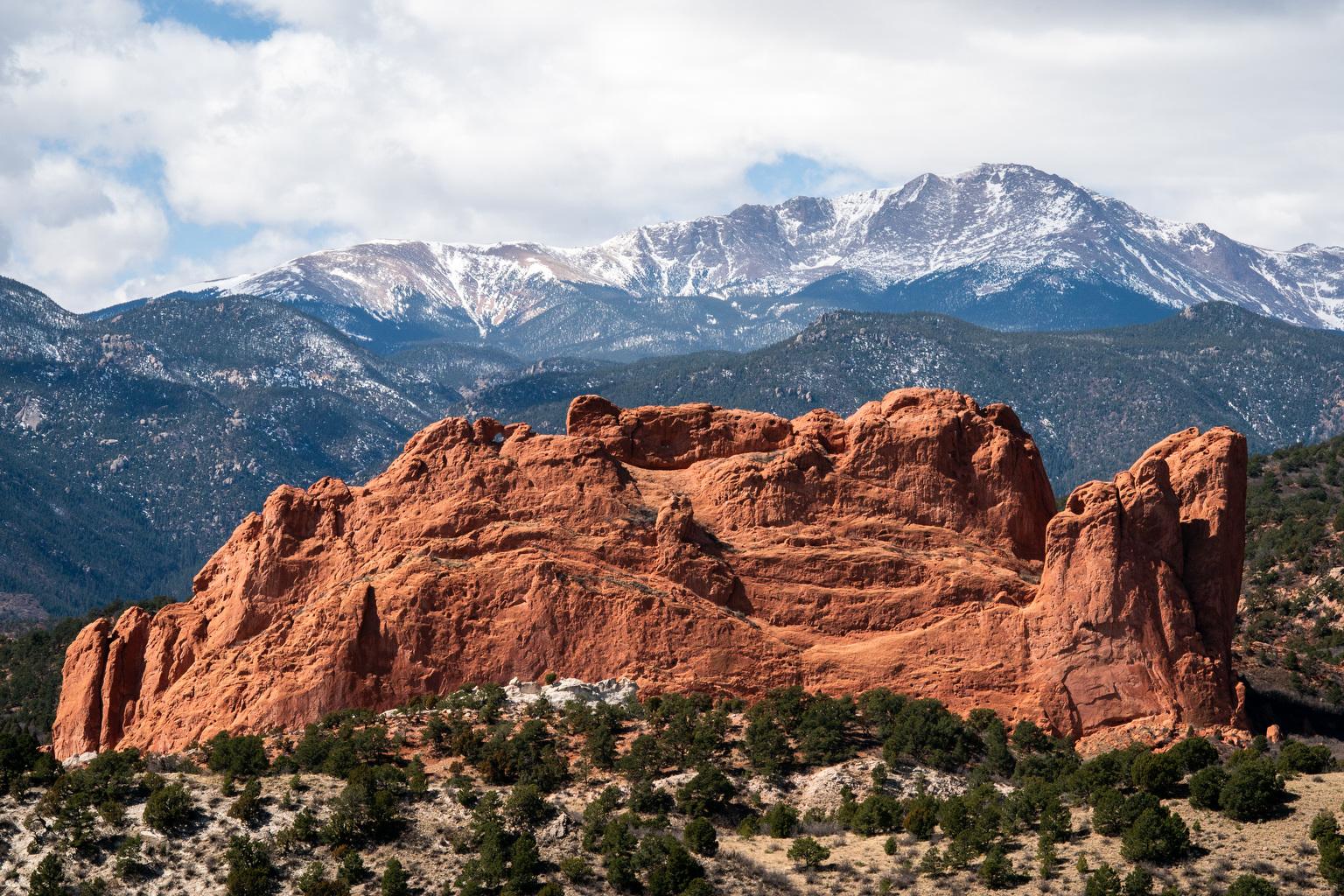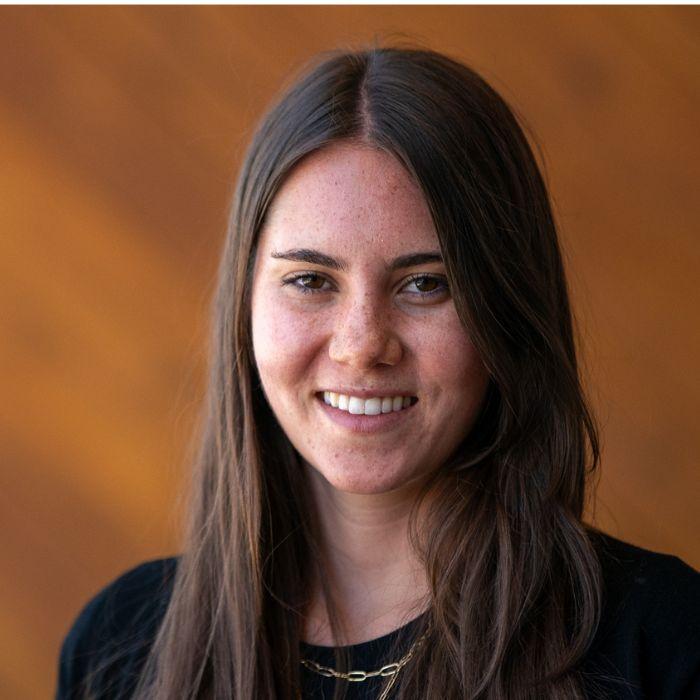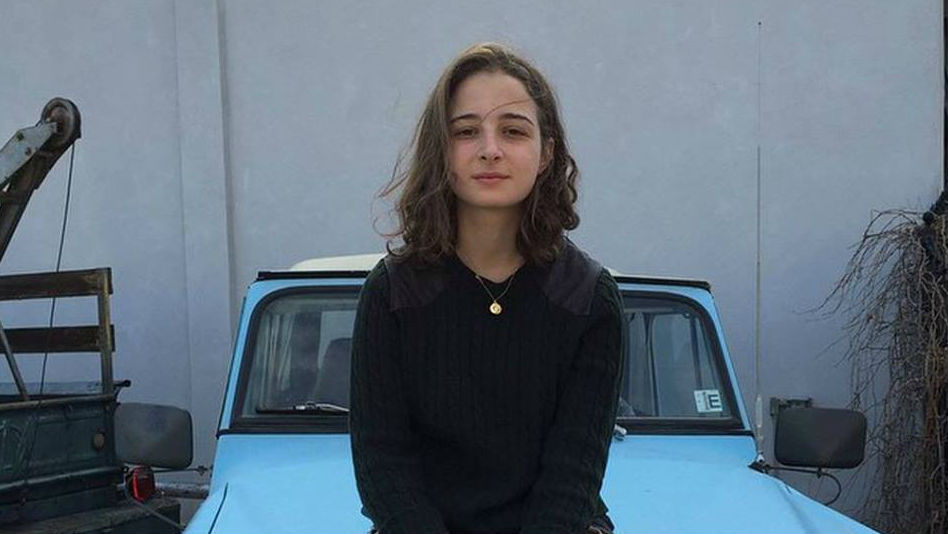
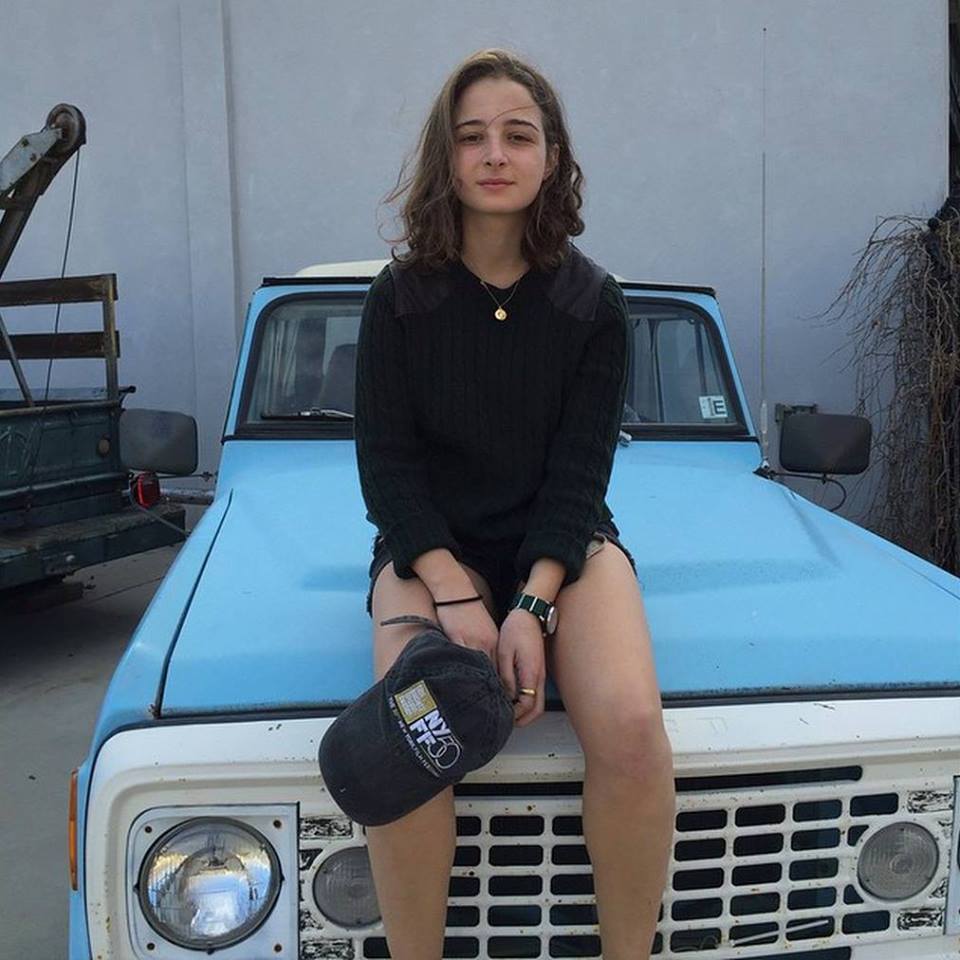
The first time that Rebecca Celli saw “This Film is Not Yet Rated,” her father covered her 12-year-old eyes during multiple scenes.
But when she watched the documentary about the Motion Picture Association of America again years later, she was inspired.
Now a 21-year-old senior at Colorado College, Celli says the exposé of the Hollywood rating system sparked her "interest in documentary form and the latent social inequality in the film world.”
The result is the "Silenced Film Series," a group of free events -- including talkbacks, Q & A sessions with filmmakers and screenings -- intended to inspire dialogue about social inequality in the film industry.
The "Silenced Film Series" kicked off Feb. 18 with a discussion led by Colorado College professors Dylan Nelson and Clay Haskell about government censorship and the limitations it places on filmmakers.
The event continues with a talk on Thursday by feminist film blogger Melissa Silverstein, addressing gender barriers in Hollywood. The series concludes on March 23 with screenings of short international documentaries followed by a conversation with Pulitzer Prize-nominated writer Holly Carter.
All the events take place at the Cornerstone Arts Center at Colorado College.
Celli spoke with Colorado Public Radio about how she hopes the series will make people ask more questions about the films and television programming they watch.
CPR: Let's talk about the topics you focus on in this series: social powers' influence on film, government censorship of film, the exclusion of women and the lack of diversity. Why is it important to explore these specific topics?
Rebecca Celli: When I began this project, I asked everyone I knew in the film industry for recommendations of films and filmmakers they knew of who had been “silenced” -- either by censorship, Hollywood bureaucracy or through the marginalization of their narratives in mainstream media. I watched the films recommended to me and read a ton about underrepresentation in film on blogs like Shadow and Act and Women and Hollywood. Issues of gender and racial disparity, corruption, government suppression and the importance of celebrating diverse voices kept resurfacing as critical to the theme of silencing. I picked people who could speak powerfully to these issues and explore them from different perspectives. Over the last couple years, I’ve strayed away from filmmaking and started writing film reviews -- a written extension of informal post-screening discussions. Writing about film really excites me. I’ve come to love film discourse as much as the movies themselves.

CPR: Tell me more about curating this series, particularly the two women featured in the February 26 and March 23 events. How have they brought change to the film industry?
Rebecca Celli: Melissa Silverstein, who will speak on Thursday, is a leading voice in promoting gender equality in entertainment. She is the founder and editor-in-chief of Women and Hollywood, a popular feminist film blog, which highlights statistics and stories related to gender disparity. She is also the artistic director and co-founder of the Athena Film Festival, which celebrates women in film. She just published a book composed of interviews with female directors called “In Her Voice: Women Directors Talk Directing."
Holly Carter will be on campus on March 23. She is a Colorado College graduate and the founder and executive director of BYkids, a film nonprofit that connects youth from around the world with renowned filmmakers to create documentary films that explore globally relevant issues. Over the past five years, BYkids has expanded its reach immensely. Their films are now distributed by Discovery Education and seen in over half of American classrooms. They will also soon air on PBS. BYkids is doing amazing work bringing film to the fore of global education. I was lucky enough to intern with them this summer, and Holly has become a close friend and mentor of mine.
CPR: What other organizations and individuals have you work with for this series?
Rebecca Celli: The original idea came through my participation in the Community Engaged Leadership program at Colorado College, a program funded by the Boettcher Foundation to empower students to enact social-justice-oriented projects. Since then, I’ve worked closely with the newly formed Film and New Media Studies program at Colorado College and a club called Films for Justice. I also collaborated with an organization called Graphics Research Lab to produce materials and art books that speak to common misconceptions surrounding equality, access and representation in film. And I knew that I wanted to include an event highlighting barriers facing female filmmakers. I have long admired and appreciated the work of Rocky Mountain Women's Film Institute (RMWFI), and am collaborating with the organization. I've also gotten help and insight from my friends.
CPR: What do you hope people will take away from this series?
Rebecca Celli: There’s an assumption that film is this incredibly liberal, free and expressive medium. It isn’t – at least it isn’t always. Most mainstream film is formulaically produced and heavily controlled and filtered. I hope people leave the series with a renewed appreciation for the art of film, but also with a critical awareness of the film industry and its politics. I hope the series inspires audiences to watch smaller, independent films that take risks and give voices to subjects and filmmakers who may otherwise be silenced.
CPR: What are your aspirations for this series down the road? What about for your own path in film?
Rebecca Celli: I’d absolutely love to see a "Silenced Film Series" at other colleges or festivals around the country. This is a relatively small series, but there are so many different stories that can be told through this model. There are thousands of films that have been silenced -- everything from "Brokeback Mountain" to a harrowing Iranian film called "Manuscripts Don’t Burn." It would be amazing to see different programming around the same concept. As for me, I’m hoping to work in film criticism, production, distribution or festival programming within the independent film world. I want to do work that celebrates and promotes talented independent filmmakers. This summer, I am producing a short BYkids documentary in Haiti. It’s going to be incredible to see that project come to life, and then share it with students all over the world.

